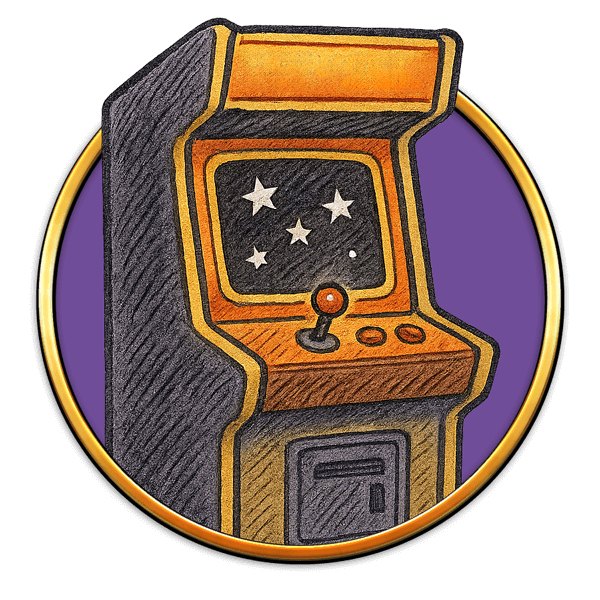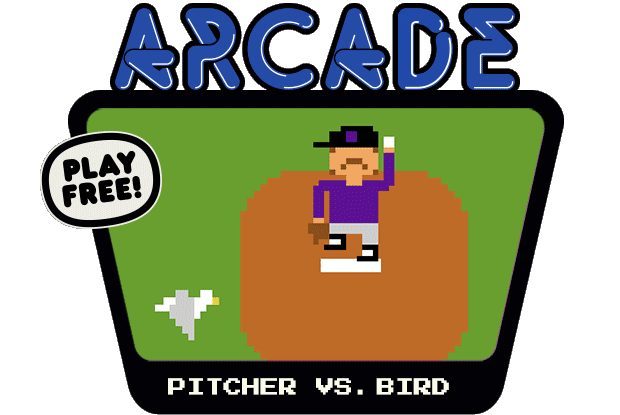The arcade wasn’t just a place—it was a pilgrimage site. A glowing, beeping, pixel-blasting cathedral of dreams, drenched in fog machine vapor, Body Glove T-shirts, and the faint scent of burned wiring and pizza grease.
You didn’t walk into an arcade. You entered. Like a warrior entering the arena, clutching a sweaty roll of quarters with the wide-eyed hope of digital domination.
Everything was loud. Machines barked your name in 8-bit siren songs. Buttons clacked like machine guns. The place smelled like carpet that had absorbed 11 years of Mountain Dew and teen anxiety. And yet, it was perfect.
You had your loyalties. Maybe it was Pac-Man, munching pellets like a paranoid man on speed. Maybe it was Donkey Kong, where a poorly dressed carpenter risked it all for love and hammers. Or Defender, which controlled like a lawnmower on ice but was somehow still addictive. And if you were truly gifted—or just old enough to grow a mustache—you were down at Dragon’s Lair, where the animation was gorgeous and you died in four seconds every time.
There were rules:
- Never bump a kid mid-game.
- No “shoulder watching” unless invited.
- And if you placed your quarter on the screen, that was your spot, man. Don’t test it.
Parents never understood it. Teachers warned us about it. But inside those walls, we weren’t wasting time—we were building reflexes, solving mazes, and rescuing imaginary royalty.
You didn’t go to the arcade to win. You went to belong.
And maybe—just maybe—to get your initials on the high score screen and leave behind your digital legacy in glorious blocky font.








